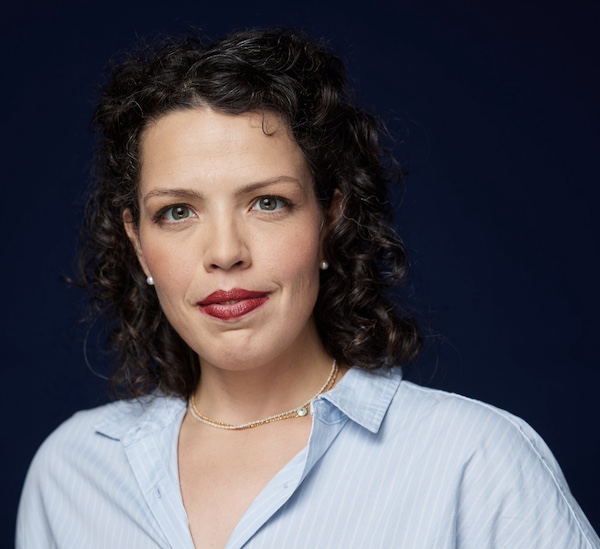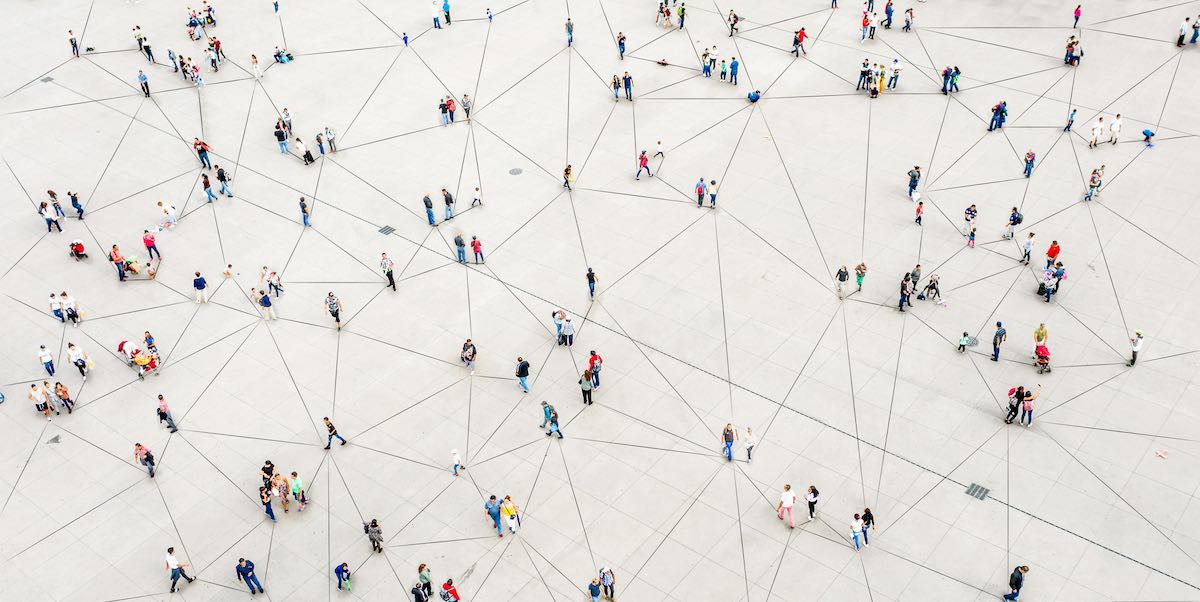At IMEX America on Oct. 10, Devon Montgomery Pasha presents “Designing for impact: Transforming events,” to share the valuable #EventCanvas methodology. We spoke with her in advance of that to learn more about the program and what attendees should expect.

The Event Canvas methodology is so logical but is also often an “ah ha!” moment for event professionals when they’re introduced to it. Why does the Event Canvas methodology still has that impact nearly a decade after it launched?
I think the ah-ha moments that participants have come from breaking down what an event is: A meeting of two or more people that changes behavior. When we think about that, it kind of adds a layer—events don’t have goals, people have goals. If you put those together, it’s how do you ascertain what those goals are—that goal is the change behavior. So having this one-page canvas on which to outline what that change behavior is, I think that’s the game changer.
A decade after it launched, I think the Event Canvas is still the most powerful tool in thinking about designing versus planning because it really addresses what the needs of those stakeholders are and gives you the clearest focus on how to design for that change behavior. That stakeholder alignment and understanding who you need to be in alignment with have probably been two of the most powerful forces in our industry and continue to create those most ah-ha moments.
Are you seeing any notable changing trends in the event design landscape?
I think the trend is starting to ask questions. Before, I used to call it the ivory-tower syndrome: Someone commands, “Go plan the gala,” but won’t hear any questions the planning teams may have. So we dust off the binder and rinse and repeat the event because that’s what we think events are. I think the Canvas and design gives you the permission to ask powerful questions—because powerful questions create powerful conversations, and that’s where the best change happens.
Before, I think questions were seen as too challenging. Now, the Canvas and the language of event design adds space for those questions to happen and make more powerful impact in designing events versus just making plans. Plans are binary—they’re pass or fail. But designs have multiple opportunities to get a higher ROI and I think that’s a conversation that we’re all willing to have now. Especially in this doing-more-with-less world, that ability to ask questions and have that drive the event itself is the most powerful trend.
"The younger generations are passionate. That passion, persistence and dedication to their own integrity is something we should celebrate and stop asking them to go against it."
Engagement has always been essential for the success of events, but with changing attendee demographics, the paths to that engagement can shift. How can event professionals better engage with the younger generations, specifically, Gen Z, as they increasingly fill roles in our industry and become a greater percentage of the overall attendee base?
I think the Event Canvas allows you to answer this question, especially for associations. We’re seeing a lot of associations who are dealing with aging memberships and don’t know how to attract a younger demographic. It’s because they don’t have a model to understand how Gen Z and the younger generations connect with each other, how they connect with their careers and how they connect with their industries. It’s not your granddad’s industry—Gen Z doesn’t want to stay at a job for 50 years and get a gold watch. Even Millennials don’t want that anymore, they want to move around and have careers while also having lives.
Gen Z is seeing a lot of people skip to certain parts of the career path that Gen Xers and Boomers had to work their way up through. Gen Z can have it any way they want, so to treat them the same way we’ve treated the Boomers and Millennials…you’re not going to get what you want out of them. Stop trying to make them fit what you understand and take a step in their direction. Ask Questions.
The younger generations are passionate. And if they’re choosing to be a part of our industry, we need to harness and reign in that passion, but we also need to take a step towards them. They’re ballsy and strong and dedicated to what they want to do, and they really won’t settle for anything less. That passion, persistence and dedication to their own integrity is something we should celebrate and stop asking them to go against it.
What key points do you hope attendees will take away from your session, “Designing for impact: Transforming events”?
Whenever I talk about adding event design to your toolbox, the common misconception is that you’re adding it to your toolbox with the express purpose of just doing it for your current role. When I think about adding event design to your toolbox, I mean I want to add it to your toolbox—as in you, the individual. Come to the session asking yourself what language and knowledge you can take away that builds on the expertise that you already have to allow the work that you do to have the most impact. I think that creates a ripple effect to having an impact on our industry.
That goes back to my comment about having permission to have powerful conversations. I want people to think about how events create impact in the silos in which they’re in (corporate, non-profit, large or small events, etc.). Wherever you fit into our ecosystem, we want you to have an impact because we want that to drive change behavior. We want it to drive your ROI forward and be successful. If you have knowledge and skills that allow for those conversations that drive that impact, then all the industry will move forward because now we’re going back to being impactful rather than just planning events that may or may not meet the mark. I think the impact that we can have if you add some of this knowledge and skill set to your toolbox is that the industry will go back to having a greater impact as a whole and be seen as strategic partners—and now as reactive order-takers—of a larger industry piece.
So that’s what I hope people get, that they come with a mindset of, “I don’t want to just do my job better.” I want you to have knowledge and skills that make you better in whatever part of our ecosystem that you belong to.







